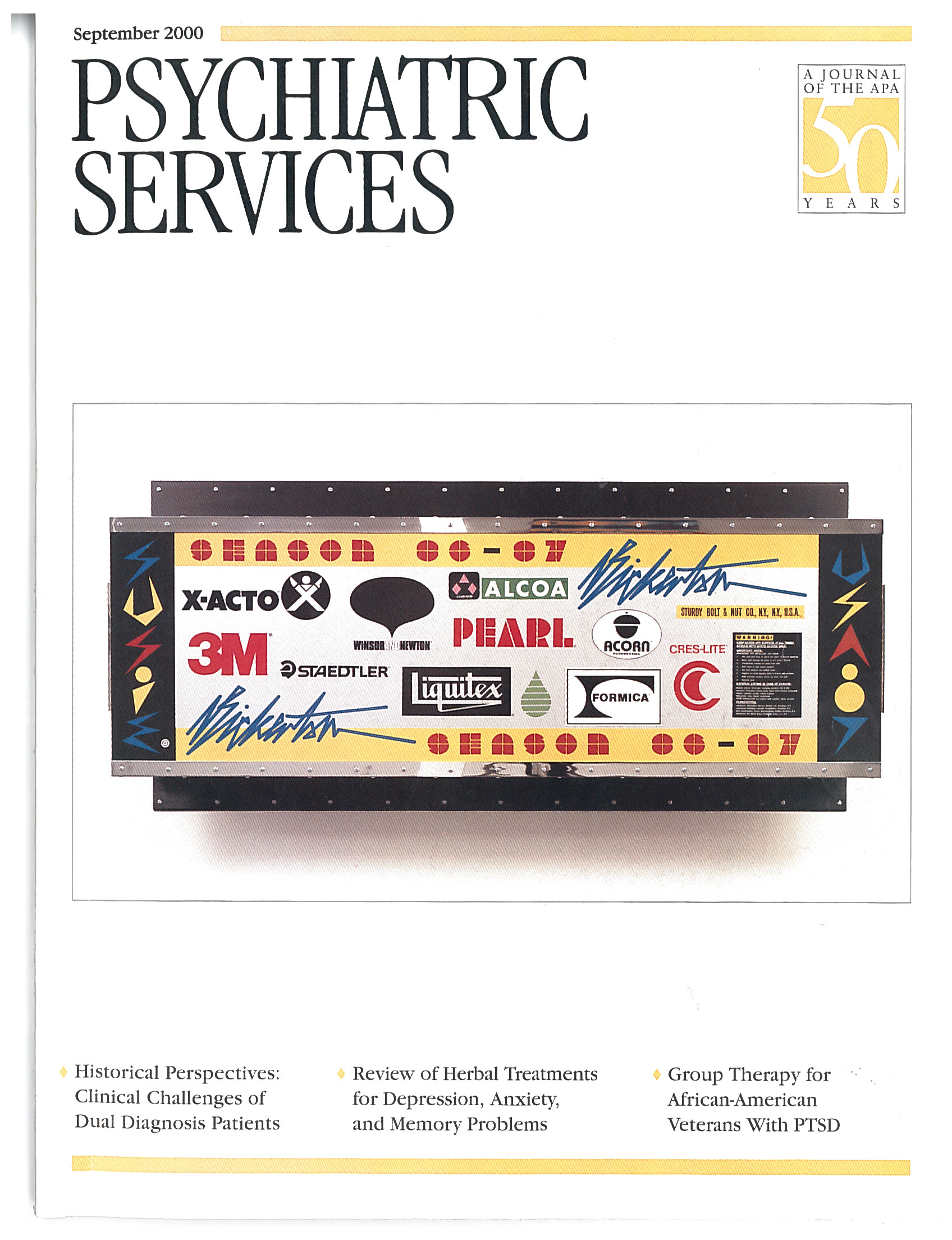The editors of this book have given us a reference that many who work on the front lines of treating opioid dependence have long been waiting for. Methadone Treatment for Opioid Dependence is a comprehensive, readable, and up-to-date compilation of chapters covering the essential information needed by those working in the addictions field, whether or not they actually are involved in opioid agonist substitution treatment.
In general the comprehensiveness of the coverage of issues relating to opioid agonist substitution treatment is impressive. Besides addressing the practical issues of pharmacology, program structure and orientation, dosing, and related topics, the book also presents an illuminating history of narcotics control in the U.S. as well as an informative chapter on regulatory and policy issues. The latter chapter is particularly relevant because the regulation of opioid agonist substitution treatment is in flux; the Center for Substance Abuse Treatment (CSAT) is assuming oversight from the Food and Drug Administration, and it is already pilot-testing an accreditation process that likely will have a significant impact on how programs are managed. Initiatives are also under way to try to broaden the availability of treatment through office-based prescribing by individual physicians. Also under way is a cooperative pilot program of the Department of Veterans Affairs, the National Institute on Drug Abuse, and CSAT studying office-based prescribing of buprenorphine.
As valuable as the book is, some aspects of the subject bear further attention. Probably the most significant to me is how concurrent marijuana use is dealt with in an otherwise excellent chapter on the management of polydrug use. The authors state that "while clinics may not want to ignore marijuana use completely, these findings suggest that they should consider ranking its use relatively low in their priorities for clinical attention and resources."
The findings referred to are that "there does not, in fact, appear to be a clear [my italics] relationship between the use of marijuana and the use of other drugs …. in treatment." In my experience, patients with substance use disorders, especially those who are substance dependent, are acutely attuned to any ambiguity or ambivalence by treatment staff to destructive or illegal drug use. Any sense that such use is tolerable will likely have an impact on treatment outcome. The goals of drug treatment include, among other things, the elimination of illegal behavior. To ignore or assign low priority to the illegal use of marijuana may indeed contribute to poor response to methadone treatment when treatment success includes the elimination of criminal behavior.
Another issue meriting exploration is that although methadone and related medications are tremendously useful in the treatment of opioid dependence, they do not appear to be successful for all opioid-dependent patients. In future editions a discussion of what is known about patient, program, and staff characteristics that contribute to treatment success and failure would be very useful.
These aspects of the book notwithstanding, Methadone Treatment for Opioid Dependence remains an outstanding contribution and is highly recommended.

